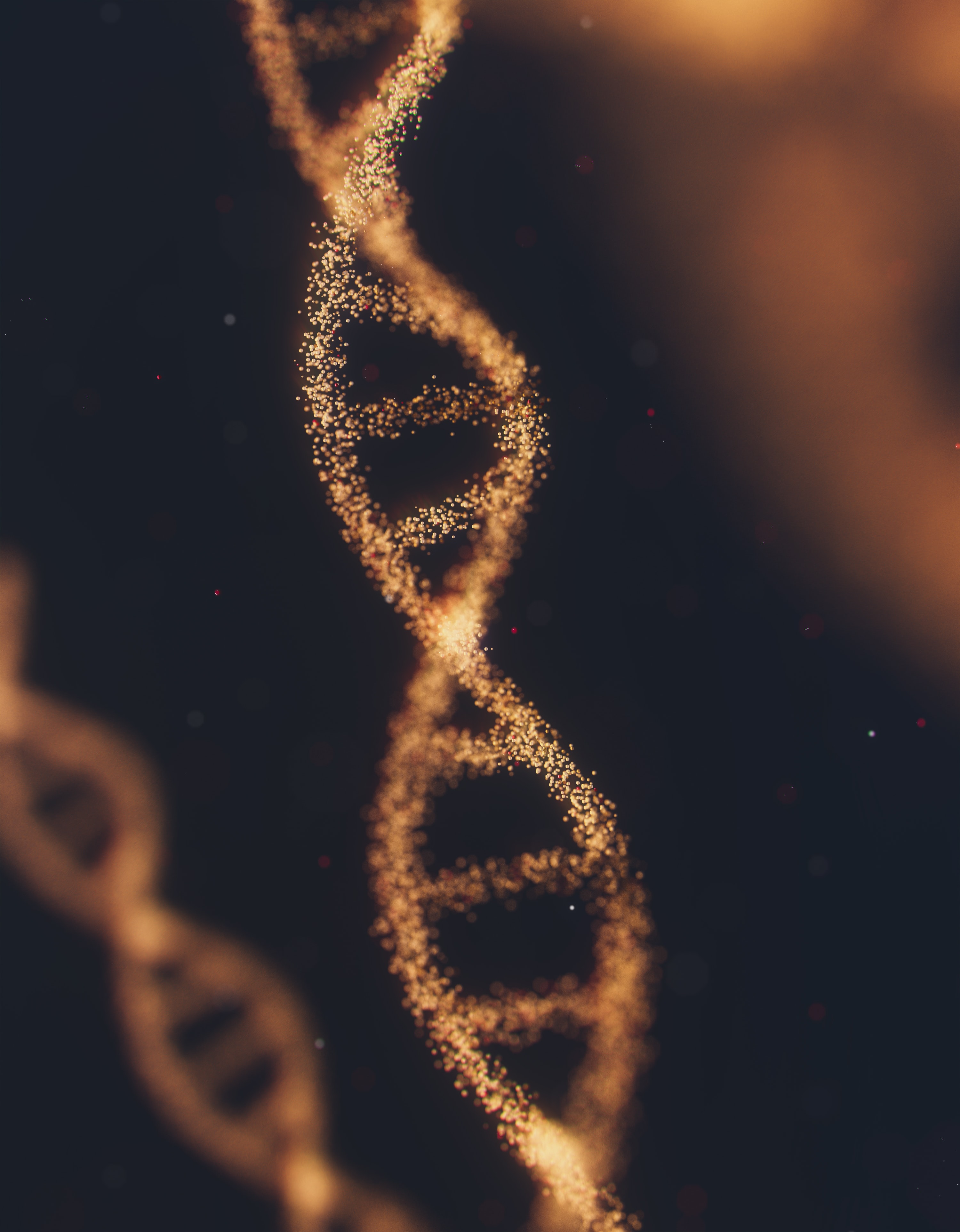Top 5 Medications Linked to Nutrient Deficiencies and What to Do
Medications can sometimes have unknown effects and side effects that go undetected without a watchful eye. Among these effects are adverse reactions, drug-drug interactions, herb-drug interactions, and nutrient and vitamin deficiencies. In many cases the risks and complications of taking a medication far outweigh these side effects and it makes sense to continue taking the medication. However in the case of the side effect being nutrient and vitamin deficiencies, taking an additional dose of a specific vitamin or nutrient can make a big difference in how you feel and the overall functioning of your body.
deficiencies, taking an additional dose of a specific vitamin or nutrient can make a big difference in how you feel and the overall functioning of your body.
When we consume medications the medications change how nutrients and vitamins are naturally handled in the body leading to deficiencies over several months of use. This is similar to how herbs and drugs alter the way the body processes each and causes toxicity and problems.
Three Main Ways Medications Cause Nutrient and Vitamin Deficiency?
In most cases of medications causing nutrient and vitamin deficiencies the deficiencies develop after being on the medication for several months or even years. However deficiencies may develop earlier if there is an underlying genetic predisposition to needing more of a specific vitamin or if you have a poor dietary intake of a particular nutrient or vitamin. There are 3 main mechanisms of how medications induce deficiencies and they are; decrease absorption, increase excretion, and change metabolism.
Absorption
The food and vitamins we consume require properly functioning digestive tract in order to get the most nutrients out of each. If the digestion is not working properly from some underlying digestive disorder or if something interferes with the digestive process, you will get less nutrients from the food. This is referred to as the absorptive function of the digestive tract. Certain medication can reduce the absorptive function leading to deficiencies.
Excretion
Our kidneys filter our blood allowing certain things to be removed fro the body and retaining others. Vitamins and minerals are part of this filtration process. Diuretic medications for instance increase the excretion of calcium and magnesium and can lead to deficiencies in these minerals leading to other health complications.
Metabolism
Some medications decrease or change the amount of substrate our bodies need to make certain nutrients. An example of altered substrate production is with statin medications. These medications interrupt the production of CoQ-10 by decreasing the production of mevalonic acid.
The Top 5 Medication Induced Vitamin Nutrient Deficiencies
We selected the top five medications likely to induce a vitamin and nutrient deficiency based on their use prevalence and likelihood to cause a deficiency.
High Blood Pressure Medications
The most common high blood pressure medications to cause nutrient depletion are diuretics. The purpose of these medications are to reduce the amount of fluid in the system by increasing excretion of water. When this occurs certain vitamins and minerals go with the water. These include, magnesium, potassium (with loop diuretics), thiamine (B1), pyridoxine (B6), calcium, and vitamin C. Examples of diuretics are hydrochlorothiazide (HCTZ) and Furosemide (lasix).
Antiinflammatory Medications
NSAID's ( Non-steroidal Antiinflammatories) like alieve, ibuprofen, and asprin cause a depletion of folic acid, vitamin c, and pantothenic acid (B5). These medications are commonly used for minor aches and pains but when used ongoing they may present a problem with poor absorption.
Cholesterol Medications
As we alluded to above statin mediations inhibit the production of mevalonic acid which is the precursor to CoQ-10. For this reason when taking statin medications one should always supplement with CoQ-10. Other cholesterol medications like cholestyramine inhibit absorption of fats and therefor also decrease absorption of fat soluble vitamins like vitamin A, D, and E.
Antidepressants Medications
some but not all antidepressants reduce the amount of CoQ-10 and vitamin B12. Most of these medications are in the tricyclic antidepressant family like Pramelor and Elavil. If you take these medications you should supplement with B 12 as B 12 is critical to proper neurotransmitter function.
Acid Reducing Medications
Common medications used for GERD (gastroesophogeal reflux disease) and heartburn reduce the active enzymes in the stomach. Examples of these medications are Prilosec (omeprazole), Tagmet, and Zantac. With the reduced enzyme function foods are not broken down properly and many nutrients are not absorbed as well. The most common resulting nutrient deficiencies are vitamin B12, folic acid, vitamin d, calcium, and zinc.
How Do I Find Out If I Have a Nutrient or Vitamin Deficiency?
Start with talking to a doctor that takes nutrition seriously. A common mistake that many doctors and patients make is believing that a simple blood test will tell them if they are deficient in a certain vitamin or nutrient. This is simply not true. Most blood tests are only checking the serum or blood levels of the nutrient or vitamin in question. This is ok but it does not tell us how much is in our cells where all the activity takes place. When levels go down in the blood our body will take the nutrients and vitamins from the cells to replenish the blood or serum. Therefor to truly know what our bodies need, we have to look at the cellular level of nutrients and vitamins.
Spectra cell is the only company that offers this test and the do it in a unique way. After getting a sample of your blood they take the cells and culture the cells on nutrient depleted petri dishes. The cells are expected to survive for a certain number of days. When they are deficient in certain nutrients and vitamins, they will die early or not grow as easily. based upon testing thousands of people your nutrient status is compared to others in the population and you are scored in a certain percentile. Here is a link to their website with a more complete least of medication induced nutrient deficiencies.
Nutrient deficiencies are more and more common from poor diet, poor digestion, and depletion induced by medications. These deficiencies cause and/or worse many health conditions so it is important to address them early. This may include vitamin injections, IV nutrient therapy, or oral vitamins. To explore more about nutrient and vitamin deficiencies and how to replenish your levels, click on the link below for a free consult or tell us your story in the comment section below.




















